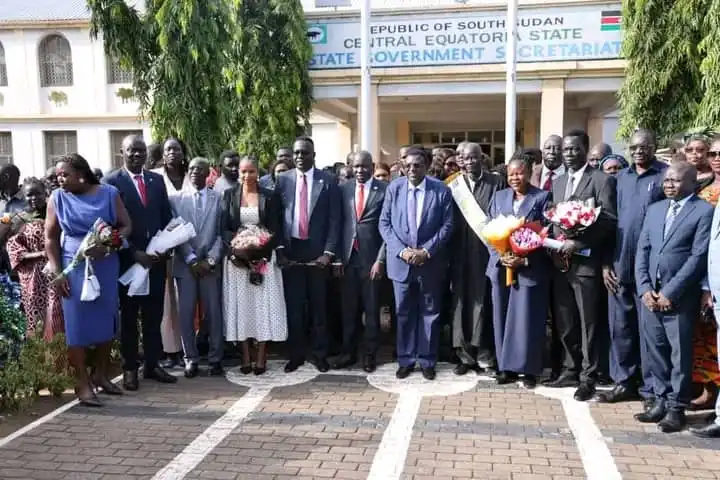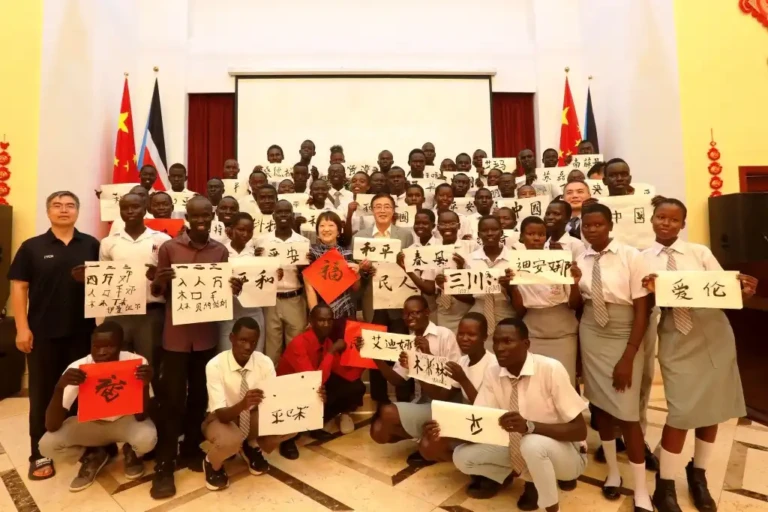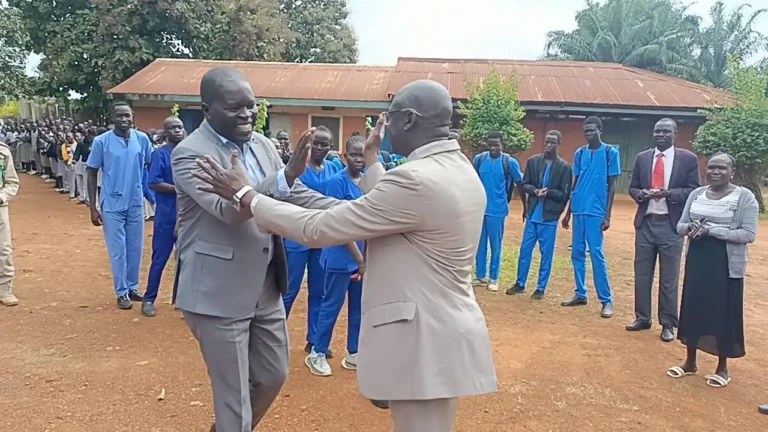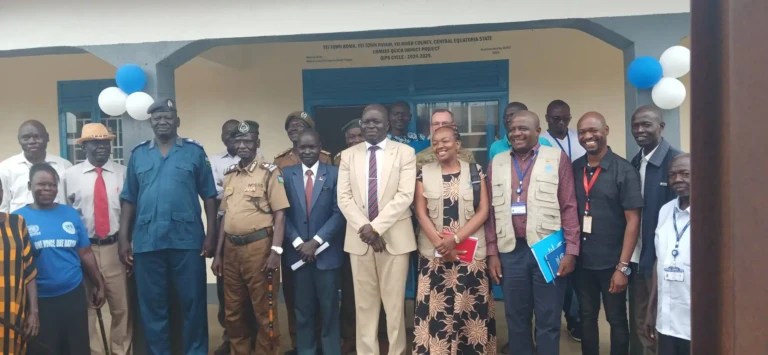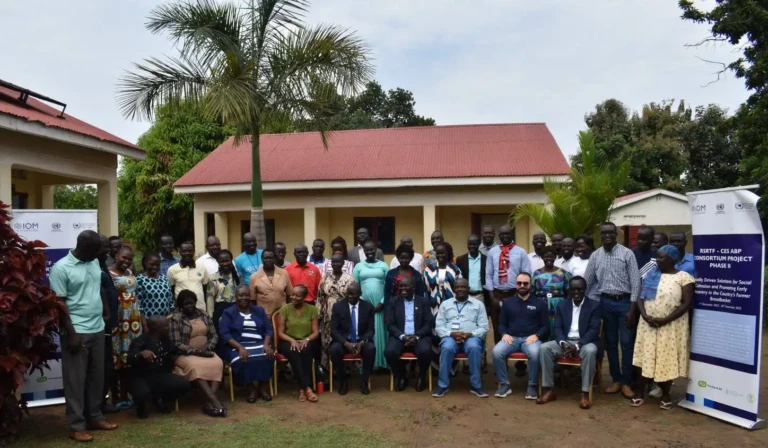
(PAYINJIAR) – Persistent flooding in Payinjiar County, Unity State, has reached critical levels, leaving entire communities submerged and prompting urgent calls for national and international assistance. Residents describe the crisis as unprecedented, warning that without immediate intervention, the area could soon become entirely uninhabitable.
The situation has steadily worsened since 2020, but this year, heavy and prolonged rainfall has pushed communities to a breaking point. Local sources report that villages such as Majak Boma are almost completely underwater, with farmlands destroyed, homes washed away and families left without food, clean water or medical care. Even areas previously considered high ground are now under threat of complete submersion.
According to community members, youth and local leaders have worked tirelessly to construct makeshift dykes and relocate vulnerable families to safer areas. However, the scale of the disaster has overwhelmed local capacity.
Many residents are now appealing directly to the Government of Unity State, the National Government in Juba, South Sudanese leaders from Payinjiar and the wider Nyuong community and international agencies including UNMISS, the World Food Programme (WFP), the International Organization for Migration (IOM) and humanitarian NGOs.
In an open letter shared widely on social media, concerned citizen Samuel Lony Kan described the scale of devastation as both a humanitarian and environmental emergency. He urged swift action to save lives and restore dignity to the affected communities.
“Our youths, elders, and community leaders have stood strong, building dykes and moving families to safety but this crisis now calls for urgent and large scale intervention,” he said.
The community’s demands include:
| Urgent Needs | Details |
|---|---|
| Emergency food aid and clean drinking water | To prevent hunger and disease |
| Mobile medical services | To tackle rising health threats |
| Excavators and bulldozers | To build permanent dykes and drain water |
| Shelter and infrastructure | Construction of hospitals, schools, and relocation centres |
| Long term water management | A strategy to mitigate future flooding |
Payinjiar County was once a productive agricultural area but now faces total disruption. With livestock drowned and crops destroyed, residents are relying on firewood sales and scarce fish supplies for survival. Community leaders have also warned of increasing health risks, including waterborne diseases, especially among children and the elderly.
Sadness and frustration are spreading on social media, where residents and diaspora members continue to share photos, prayers and desperate appeals for assistance.
“This is no longer a seasonal flood. It is a disaster,” wrote Maria Younies. Others called on families to relocate to UNMISS camps or any available highlands.
The Unity State government has previously announced reforestation and environmental response plans, but the Payinjiar community says the urgency of the current crisis requires a dedicated, immediate response plan specific to their county. Community members have called for direct coordination between the Ministry of Humanitarian Affairs in Juba and on-the-ground relief partners.
Flooding remains a major national challenge in South Sudan. A 2024 report by ReliefWeb estimated that over 1.4 million people had been affected by floods across 43 counties and the Abyei Administrative Area, with nearly 375,000 displaced. Unity, Jonglei and Northern Bahr el Ghazal states were among the worst affected. In Payinjiar, this reality is felt every year, with no end in sight.
Residents insist that this is not just an environmental issue, but a matter of survival.
Discover more from Access Radio Yei News
Subscribe to get the latest posts sent to your email.

